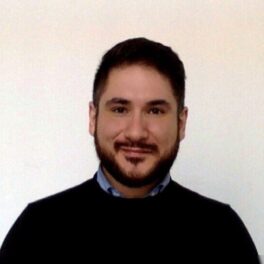Aims
The aim of the course is to offer an in-depth theoretical-historical overview of the evolution of psychoanalytic theory from the 19th century to the present. Themes proposed by various authors regarding the possible causes of individual suffering will be explored, with a nod to the practical applications of the various theories. During the course, theoretical-historical paradigms will be illustrated from Freud’s hypotheses to infant research, Lichtenberg’s thought, the intersubjective model, and the relational model with a focus on hypotheses related to the structure of the psychic apparatus and its development.
Programme
The program includes:
- Sigmund Freud’s psychoanalytic theory
- Anna Freud and child psychology
- U.S. psychoanalysis and the psychology of the ego
- Kleinian contributions to psychoanalysis
- The role of love according to Fairbairn
- The role of environment on child development (Winnicott)
- The Bionian perspective of personality
- The development of the child’s autonomy (Mahler)
- Narcissistic needs according to the psychology of the self (Kohut)
- John Bowlby and attachment theory
- Infant research
- Intersubjective perspective of psychoanalysis
- Motivational systems according to Lichtenberg
- Relational psychoanalysis
Exam
Evaluation will consist of a written and oral examination, and delivery of papers for the practical part of the course.
Bibliography
Mandatory texts:
- Gazzillo, F., Dazzi, N. (2023), Prospettive psicoanalitiche sulla mente umana: Un percorso teorico-storico. Carocci, Roma.
Optional texts:
- Freud, S. (1900). L’interpretazione dei sogni. Tr. it. Opere di Sigmund Freud, Vol.2. Bollati Boringhieri, Torino.
- Legrenzi, P. (2019), Storia della Psicologia. Il Mulino, Bologna



